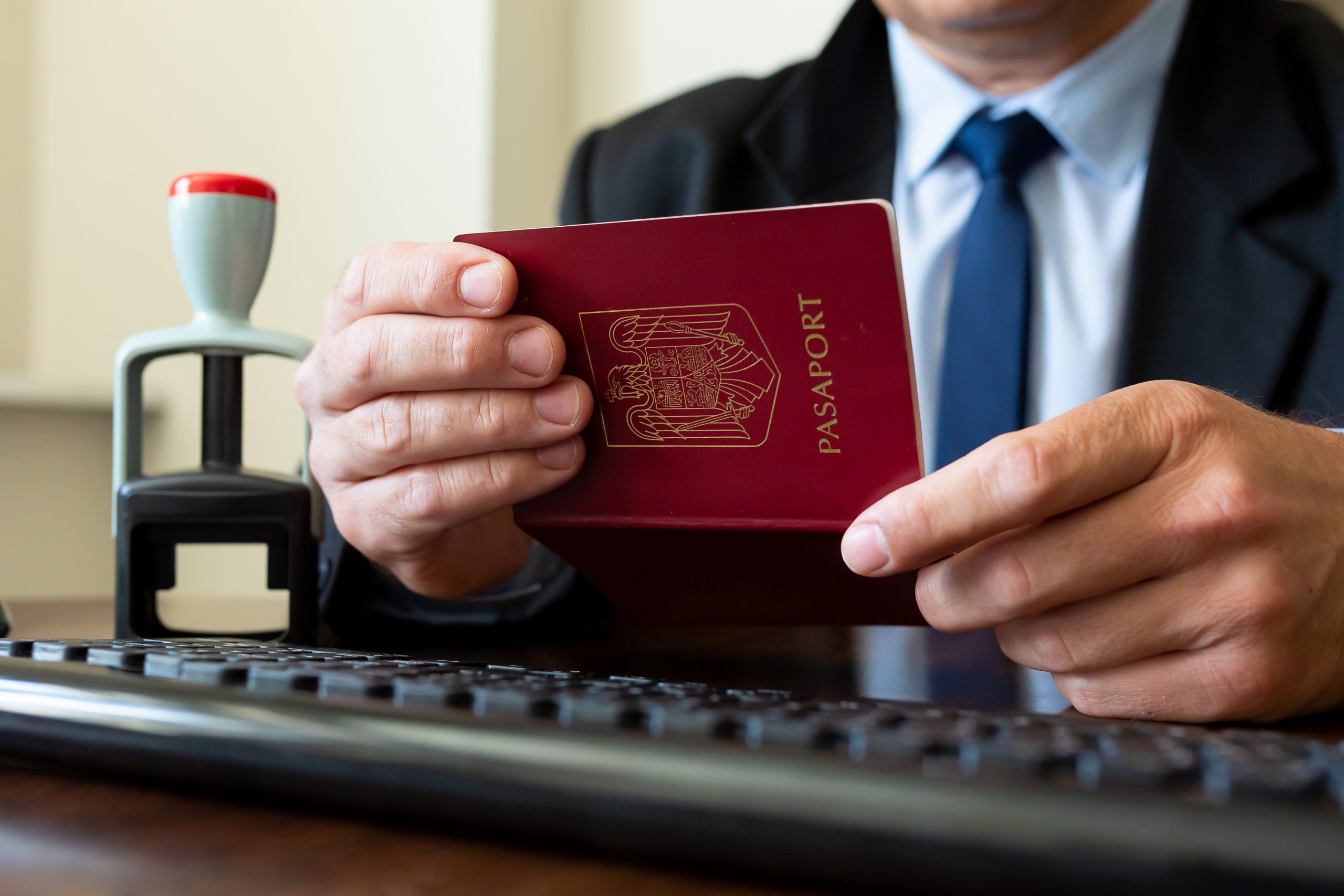A cyberattack that began late Friday on an airline service provider in Europe has caused widespread disruption at several of Europe’s busiest airports, triggering flight delays, cancellations, and the fallback to manual check-in and boarding operations.
The outage hit Collins Aerospace’s Multi-User System Environment (MUSE) software, used for electronic check-ins, baggage drops, and boarding pass generation. While the systems are offline, airlines are reportedly having to compensate with paper tickets, handwriting, backup computers, and long queues.
Brussels Airport has been among the hardest hit, cancelling dozens of flights over the weekend, citing that Collins Aerospace “is not yet able to deliver a new secure version of the check-in system.” Heathrow and Brandenburg also saw extensive delays, though by Sunday their systems were beginning to recover.
Disruption across major European airports
Collins Aerospace (part of RTX) has acknowledged the “cyber-related disruption” to its MUSE software and said the impact is so far “limited to electronic customer check-in and baggage drop.” They say manual operations are in place and that they are “working to restore full functionality to customers as quickly as possible.” Collins did not immediately respond to CSO’s request for comments.
Brussels Airport has indicated the problems are serious enough to force flight cancellations well into Monday, because the secure version of the MUSE system hasn’t yet been delivered. “Check-in continues to be carried out in an alternative manner on Monday: online check-in and the self bag drop are still available, and check-in is now mainly done with laptops and iPads,” Brussels Airport spokesperson Ihsane Chioua Lekhli said in an email. “It is not yet clear when we will be able to switch back to the normal check-in and boarding system.”
Although the vast majority of flights are operating on Monday, with 40 out of 277 departing flights and 23 out of 277 arriving flights cancelled, the spokesperson added. Reportedly, 50 out of 257 scheduled outbound flights were cancelled on Sunday, with another 45 grounded the day before.
Heathrow Airport also experienced certain disruptions, although no cancellations were reported. “Airlines across Heathrow have implemented contingencies whilst their supplier Collins Aerospace works to resolve an issue with their airline check-in systems at airports across the world,” a Heathrow spokesperson said. “These contingencies mean the vast majority of flights at Heathrow are operating as normal, although check-in and boarding for some flights may take slightly longer than usual.”
Brandenburg Airport warned passengers of possible delays from the incident, though no cancellations were reported owing to operators cutting off connections to affected systems.
Shared infrastructure and systemic risk
Collins Aerospace’s MUSE platform serves many airports’ check-in and baggage drop systems, meaning a fault there ripples across multiple nations. Brussels, Heathrow, Berlin and Dublin all reported impacts. Frankfurt and Paris airports were relatively spared, showing that usage of the compromised system varies.
“Although information is still limited, the disruption at several major European airports highlights how interconnected global transportation has become and how dependent it is on shared digital infrastructure,” said Darren Guccione, CEO and Co-founder at Keeper Security. “A technical incident with a single provider can quickly cascade across multiple airports.”
For travellers, the fallout has meant early arrivals, long queues, cancelled flights, and constant uncertainty. Many were forced to abandon self-service check-in or leave home earlier than usual. Airports urged passengers to check flight status in advance, arrive 2-3 hours ahead for short and long flights where possible, and be prepared for manual baggage drop and check-ins.
“This system is not owned or operated by Heathrow, so whilst we cannot resolve the IT issue directly, we are supporting airlines and have additional colleagues in the terminals to assist passengers,” the Heathrow spokesperson added. “We encourage passengers to check the status of their flight before traveling to Heathrow and to arrive no earlier than three hours for long-haul flights and two hours for short-haul.”
Bugcrowd CEO, Dave Gerry, stressed the gravity of the incident, stating, “This will be a critical time for the affected countries to stay attentive for any opportunistic threat actors that may be looking to gain access and exploit the nation’s security systems and the common public alike.”
While the exact cause of the MUSE outage remains unclear, cyberattack fears loom large. Threat groups like Scattered Spider have recently expanded into aviation, hitting carriers such as Hawaiian, WestJet and Quantas. Past breaches, from British Airways’ data exposure to Air India’s vendor compromise, show just how vulnerable airline systems can be.

No Responses